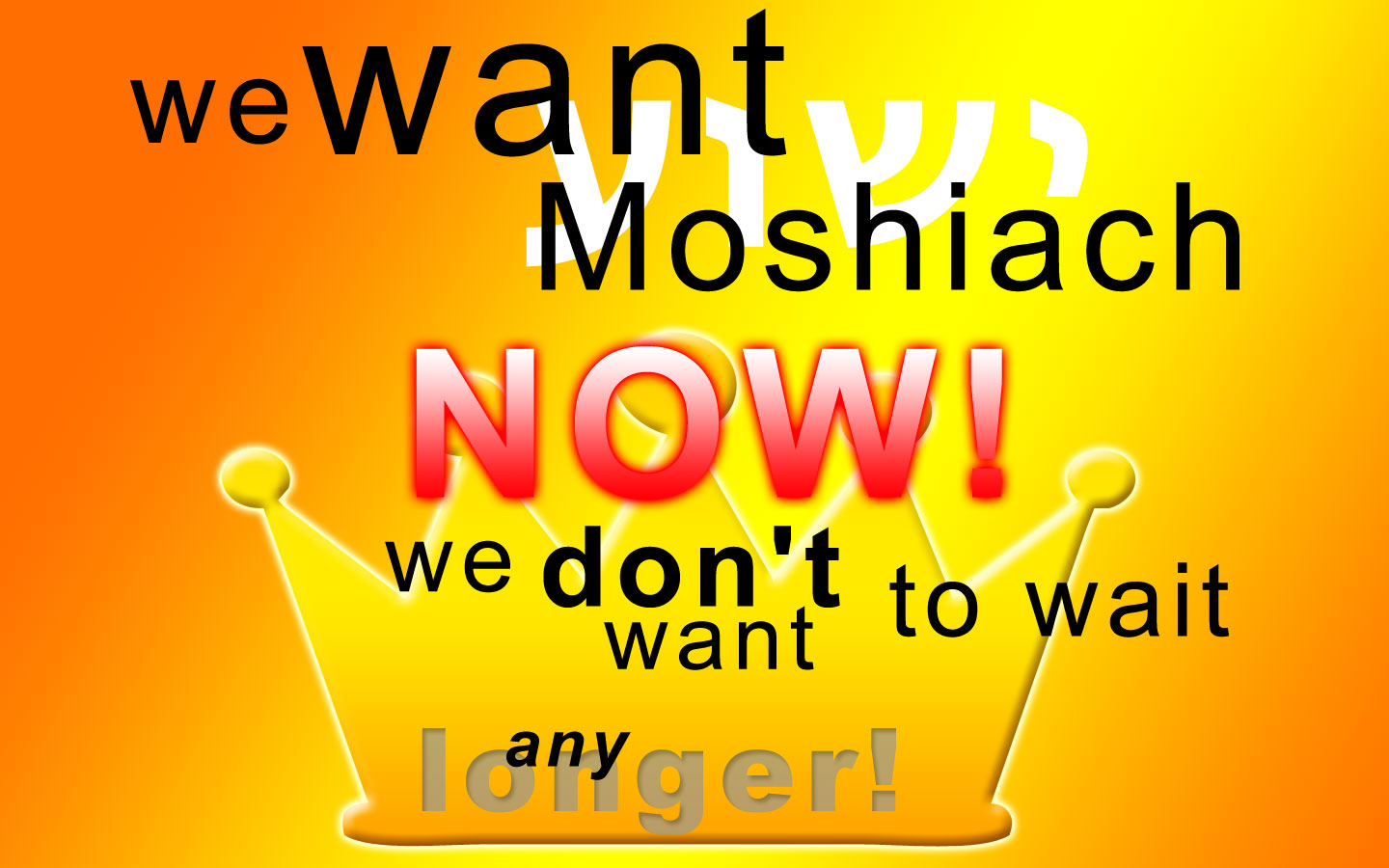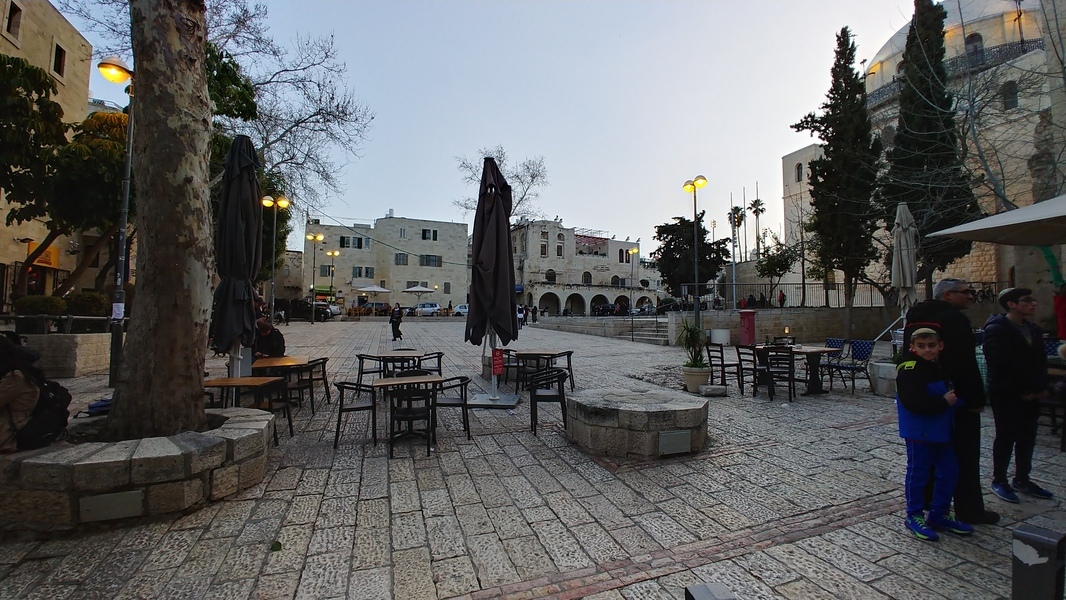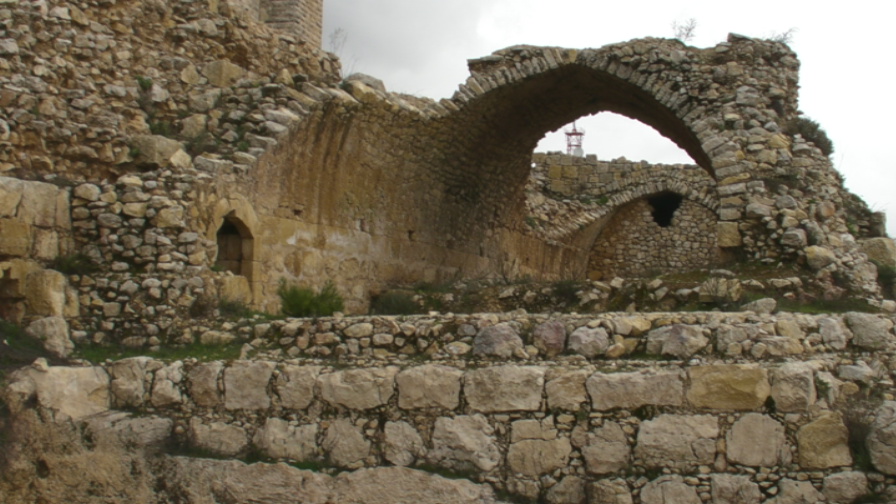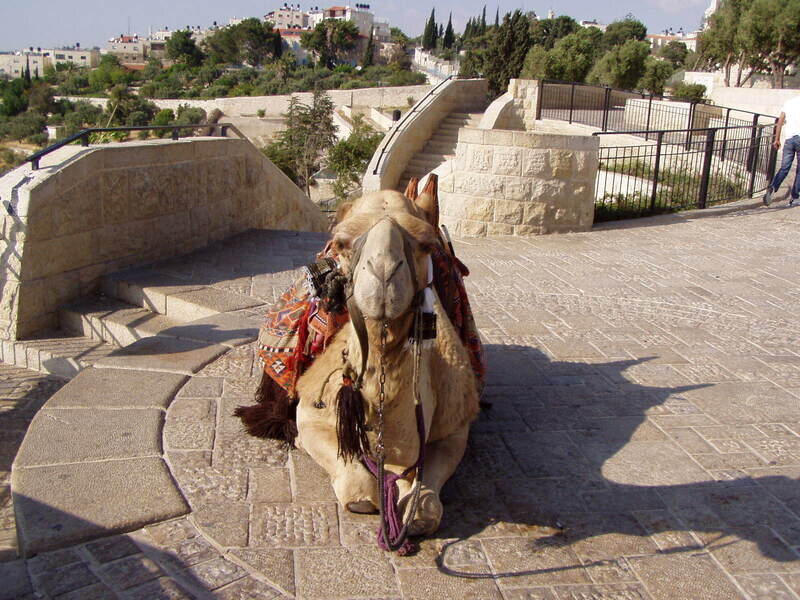V'yakra / Leviticus 23 23And the Lord said to Moses, 24Say to the Israelites, On the first day of the seventh month [almost October], you shall observe a day of solemn [sabbatical] rest, a memorial day announced by blowing of trumpets, a holy [called] assembly. 25You shall do no servile work on it, but you shall present an offering made by fire to the Lord. The seventh month first day brings the Feast of Trumpets aka Rosh HaShanah.
Rosh HaShanah is one of my favorite times because it brings with joy the entrance to the High Holy Days of Judaism. It is a time of self-examination and self-judgment. It's marked by wearing white, shofar (trumpet) blowing, marking the season of repentance. Rosh HaShanah, the Jewish New Year, is celebrated on the first day of Tishri. Tishri is actually the seventh month of the Jewish calendar. Jewish tradition tells us that the 1st of Tishri came to be celebrated as New Year's Day because the words "first of Tishri" can be rearranged to form "in the beginning". So, this was interpreted by the rabbis to mean that the world was created on the first of Tishri and therefore the year begins on this day. It's the Jewish New Year celebration, the time that the flood of Noah took place, the birthday of the creation of the Earth, and when Yob/Job 1 took place.
Rosh HaShanah is a time when focus is upon life, righteousness, death and wickedness and even in-between status. Rosh HaShanah is also known as Yom HaDin, Judgment Day. It's the beginning of the ten Days of Awe leading to Yom Kippur (Atonement).
Challah is baked in a round loaf instead of braided symbolizing a crown which points to the royalty of G-d. It is customary to greet one another with "L'Shanah Tovah Tiketevu" (May Your name Be Inscribed). Another custom observed by some Orthodox Jews is what is known as Tashliach. This involves going down to a body of water and emptying your pockets or casting bread crumbs into it. This is based on Mikhah/Micah 7.19 which states G-d "will hurl (cast) all our iniquities into the depths of the sea." Another is eating traditional good luck foods and heh my favorite, apples and honey.
Just for fun here's a Jewish trivia question. Why do Jews not use cow horns for shofars? Any idea? Ahhhhhhhhhhhh come on....this one is simple. *grin* Why remind G-d of the golden calf?
Trumpets appear many times in the scripture to bring deliverance to G-d's people. It was a ram's horn (Trumpet) that provided a sacrifice in Isaac's place on Mount Moriah. It was trumpets blown at Jericho that caused the wall to fall. It was a trumpet that was blown to return the people back to the land. Yesha'yah/Isaiah 27:12-13 says, " 12And it shall be in that day that the Lord will thresh out His grain from the flood of the River [Euphrates] to the Brook of Egypt, and you will be gathered one by one and one to another, O children of Israel! 13And it shall be in that day that a great trumpet will be blown; and they will come who were lost and ready to perish in the land of Assyria and those who were driven out to the land of Egypt, and they will worship the Lord on the holy mountain at Jerusalem."
It was a trumpet that delivered the first Jew and it will be a trumpet sound that will deliver the body of Moshiach. 1 Corinthians 15:51-52 says, "1Take notice! I tell you a mystery (a secret truth, an event decreed by the hidden purpose or counsel of God). We shall not all fall asleep [in death], but we shall all be changed (transformed) 52In a moment, in the twinkling of an eye, at the [sound of the] last trumpet call. For a trumpet will sound, and the dead [in Moshiach/Christ] will be raised imperishable (free and immune from decay), and we shall be changed (transformed)."
The main feature of the day is the blowing of the shofar (ram's horn) as we are instructed to do by the Bible. Traditional meanings for the blowing of the shofar include the following:
It represents a coronation in which G-d is heralded as King. Each individual is responsible to make G-d King of their lives and to place Him on the throne of their hearts. The trumpets call us to a season of penitence as we evaluate our spiritual condition.
Trumpets remind us of the Torah being given on Mt. Sinai and call us to remember the treasures given to us in the Torah.
The prophet's message was often accompanied with the blast of a shofar. Therefore, the shofar calls us to acknowledge our sin and to abandon it in repentance. As Messianic believers we celebrate this biblical holiday with recognition of the work of our Moshiach Yeshua. We know we must acknowledge our sin and repent in order to have our names written in the Lamb's Book of Life (Hagilu Natan Elohim/Revelation 3.5). The ultimate fulfillment of the Feast of Trumpets has not yet occurred. But one day the shofar will be sounded and Yeshua the Moshiach will return to this earth as the Judge (1 Thessalonians 4.15 and 1 Corinthians 15.52). He will reign as the King of Kings! We celebrate Rosh HaShanah with great anticipation of this future event.
Such a sweet holiday foretells of the Moshiach, Yeshua, keeping a feast of Israel. Indeed that will be sweeter than apples with honey. *grin* Even so HaShem, come quickly!
“Scripture quotations taken from the Amplified Bible."





